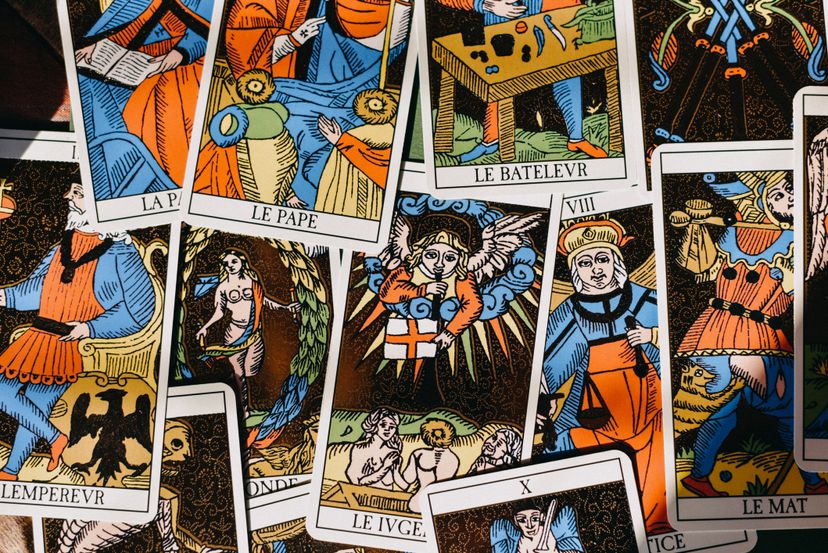Tarot cards have transcended time and continue to captivate people's imaginations with their timeless magic. From their humble origins as a medieval card game to their modern-day use as a tool for personal growth and divination, tarot has evolved and adapted to the changing needs and beliefs of society. Whether you approach tarot with a sense of curiosity, spiritual seeking, or personal reflection, the cards offer a rich tapestry of symbols and meanings that invite exploration and self-discovery.
So, take a moment to shuffle the cards, lay out a spread, and embark on your own journey of tarot exploration. Let the cards guide you, inspire you, and unlock the secrets of your own inner wisdom. The world of tarot awaits, ready to reveal its timeless magic and transformative power.
*Please note that tarot readings should be approached with an open mind and a sense of personal responsibility. The interpretations and insights provided by tarot cards are subjective and should be used as a tool for self-reflection and personal growth.
This article was created using AI technology, then fact-checked and edited by a HowStuffWorks editor.
